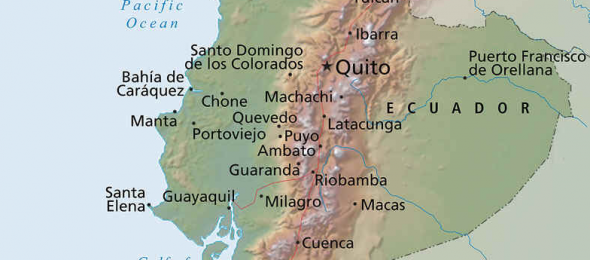The United States Fifth Circuit Court of Appeals has ruled that judicial estoppel made discovery available in a private foreign arbitration under 28 U.S.C. Section 1782. In Republic of Ecuador v. Connor, Nos. 12-20122, 12-20123, (5th Cir. Feb. 13, 2013), the Republic of Ecuador sought discovery from John Connor and his company, GSI Environmental, (“Connor”) related to an ongoing foreign arbitration with Chevron. Previously, Chevron successfully filed for arbitration of an environmental dispute with the Republic of Ecuador under the rules of UNCITRAL and allowed by a U.S.-Ecuador Bilateral Investment Treaty (“BIT”). Despite a Circuit split, both Ecuador and Chevron sought discovery related to the foreign arbitration on at least 20 occasions in various United States courts pursuant to Section 1782.
As part of the BIT arbitration, Ecuador sought ancillary discovery from Connor in the Southern District of Texas and Chevron intervened in an effort to protect the company’s interests. The district court denied the discovery request after determining that the BIT arbitration was not a dispute pending in a “foreign or international tribunal” according to Fifth Circuit case law. Ecuador then filed an interlocutory appeal with the Fifth Circuit.
On appeal, Ecuador argued that the BIT arbitration was a foreign proceeding under the statute. In addition, Ecuador argued even if the arbitration was not subject to the statute Chevron was judicially estopped from claiming discovery should be denied as the company previously benefited from using the statute in other U.S. courts to obtain discovery in the case. Chevron argued that the Fifth Circuit’s decision in Republic of Kazakhstan v. Biedermann Int’l, 168 F.3d 880 (5th Cir. 1999), prohibited discovery under Section 1782.
In dismissing Chevron’s argument, the Fifth Circuit stated,
Chevron has deliberately taken inconsistent positions on the availability of § 1782 discovery for use in “international tribunals.” Chevron successfully obtained such discovery by persuading courts to reject Ecuadorian (and related parties’) objections and by contending, opposite to its current position, that the BIT arbitration is an “international tribunal.” Finally, if Chevron is permitted to shield itself under Biedermann against Ecuador’s current discovery request, it will have gained an unfair advantage over its adversary. Chevron should be judicially estopped from asserting its legally contrary position here. Consequently, we need not and do not opine on whether the BIT arbitration is in an “international tribunal.” On remand, the district court should proceed in its discretion to evaluate Ecuador’s request for discovery pursuant to § 1782.
Because Chevron was judicially estopped from asserting Section 1782 did not apply the BIT arbitration, the Fifth Circuit Court of Appeals reversed and remanded the discovery request to the district court.











